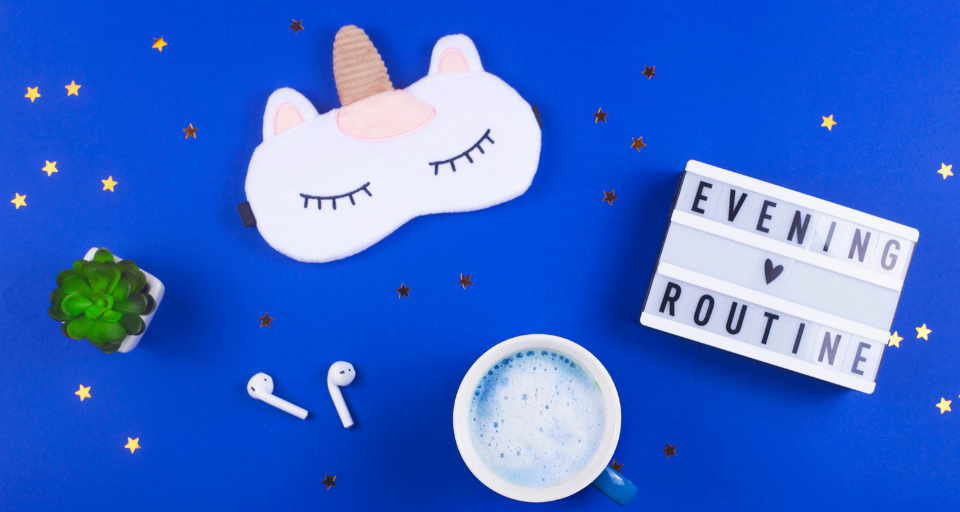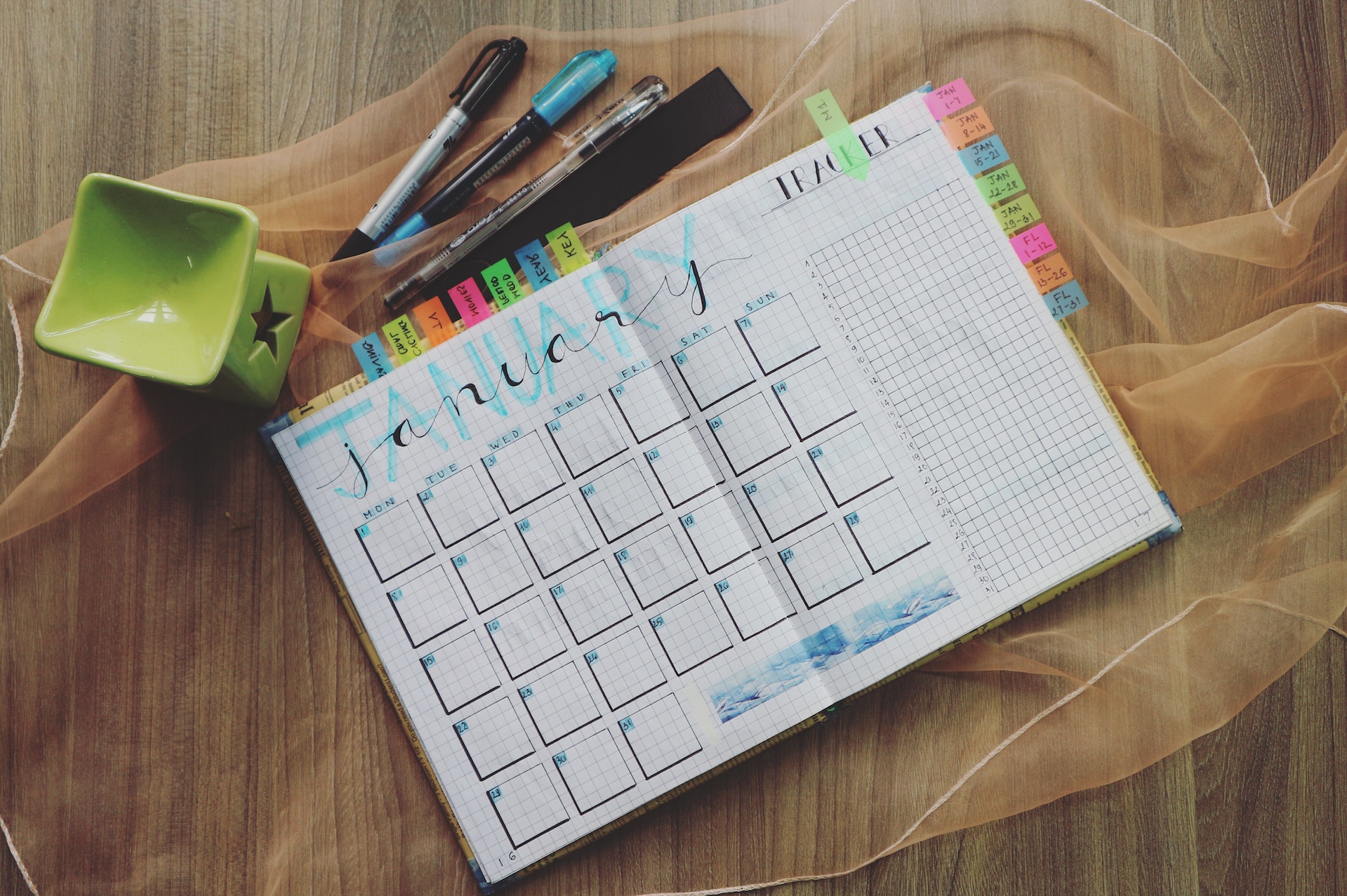How to Overcome Insomnia and Find Sweet Dreams

It is frustrating and exhausting when sleep eludes us night after night. Disrupted sleep does not have to be a source of frustration or struggle any longer. Learn in this article how simple changes to your environment and routine can help you sleep better, achieve sweet dreams, and gain the energy you need for a productive day!
What is Insomnia?
Insomnia is a sleep disorder that can make it difficult to fall asleep, stay asleep, or both. People with insomnia often feel like they have not slept enough, even if they have slept for long periods of time. Insomnia can lead to fatigue, irritability, and difficulty concentrating. It can also cause other health problems, such as depression and anxiety.
Symptoms of Insomnia
There are many different symptoms of insomnia, and they can vary from person to person. Some common symptoms include: difficulty falling asleep, waking up frequently during the night, waking up early in the morning, feeling tired during the day, and difficulty concentrating. If you are experiencing any of these symptoms, it is important to talk to your doctor so they can help you find a solution.
Causes of Insomnia
There are many potential causes of insomnia, which can make it difficult to pinpoint the root cause of the problem. However, some common causes include stress, anxiety, medications, medical conditions, and poor sleep habits.
If you’re struggling with insomnia, it’s important to talk to your doctor to rule out any underlying medical conditions. Once any medical conditions have been ruled out, you can start working on addressing the other potential causes of your insomnia. Often, making some changes to your sleep habits and relaxation routine can be helpful in overcoming insomnia.
Treatment Options for Insomnia
There are many different treatment options for insomnia, and the best option for you may vary depending on the severity of your condition. If you have mild insomnia, you may be able to find relief with simple lifestyle changes, such as eliminating caffeine or establishing a regular sleep schedule. If you have more severe insomnia, you may need to seek treatment from a sleep specialist. Treatment options for severe insomnia include cognitive behavioral therapy, medications, and relaxation techniques.
Cognitive behavioral therapy (CBT) is a type of therapy that helps to change negative thinking patterns that can contribute to insomnia. CBT can help you learn how to identify and correct these thoughts, which can ultimately improve your sleep quality. Medications used to treat insomnia include sedatives, such as Ambien and Lunesta, and antidepressants, such as trazodone and Elavil. These medications can help you fall asleep and stay asleep through the night. Relaxation techniques, such as progressive muscle relaxation and guided imagery, can also be helpful in treating insomnia.
Home Remedies for Insomnia
If you’re struggling with insomnia, you’re not alone. According to the National Sleep Foundation, 60 million Americans suffer from a sleep disorder. While there are many potential causes of insomnia, worrying about falling asleep can actually perpetuate the problem.
Fortunately, there are some simple home remedies that can help you get a good night’s sleep. Some of our favorites include:
• Chamomile tea: This calming herb has been used as a natural remedy for centuries. Chamomile contains substances that may promote relaxation and help induce sleep.
• Lavender oil: This essential oil is well-known for its relaxing properties. Try diffusing lavender oil in your bedroom or adding a few drops to your pillow before bedtime.
• Melatonin: This supplement is often used to treat jet lag and shift work sleep disorders. It can also be helpful for insomnia, especially if your sleeplessness is due to changes in your natural sleep cycle.
There are many other potential home remedies for insomnia, including herbs like valerian root and passionflower, essential oils like cedarwood and neroli, and supplements like magnesium and 5-HTP. Experiment with different remedies until you find what works best for you.
Tips for Overcoming Insomnia
If you’re one of the millions of people who have trouble sleeping, you’re not alone. But don’t despair – there are things you can do to overcome insomnia and get the restful sleep you need.
Here are some tips for overcoming insomnia:
1. Keep a regular sleep schedule. Go to bed and get up at the same time every day, even on weekends. This will help your body get into a regular sleep rhythm.
2. Create a calming bedtime routine. Wind down for 30 minutes before going to bed by reading, listening to relaxing music, or taking a warm bath. This will help your body and mind transition into sleep mode.
3. Make sure your bedroom is dark, quiet, and cool. These conditions are ideal for sleeping, so create an environment that promotes them as much as possible.
4. Limit your caffeine intake. Caffeine is a stimulant that can make it hard to fall asleep and stay asleep, so avoid coffee, tea, cola, and energy drinks after 2pm if possible.
5. Avoid alcohol before bedtime. While a nightcap may make you feel drowsy initially, alcohol actually disrupts sleep later in the night, so it’s best avoided before bedtime altogether.
Dealing with Sleep Disorders and Anxiety
If you’re struggling with insomnia or anxiety, know that you’re not alone. Millions of Americans suffer from sleep disorders and anxiety, and many find it difficult to get the rest they need.
There are a number of things you can do to overcome insomnia and anxiety, and find sweet dreams. First, it’s important to understand that there is no one-size-fits-all solution; what works for one person may not work for another. Second, don’t be afraid to ask for help from a sleep specialist or therapist if you’re having trouble sleeping.
There are a number of helpful treatments for insomnia and anxiety, including medication, therapy, and lifestyle changes. Medication can be an effective treatment for both conditions, but it’s important to work with your doctor to find the right medication and dosage for you. Therapy can also be an effective treatment for both conditions, and can help you identify and change any negative thought patterns or behaviors that may be contributing to your difficulties sleeping.
Finally, there are a number of lifestyle changes you can make that may help you sleep better and reduce your anxiety. Taking steps to reduce stress in your life, getting regular exercise, and avoiding caffeine before bedtime can all help you get the restful night’s sleep you need.
Insomnia is a serious health issue that can take a toll on your physical and mental wellbeing. Fortunately, there are many simple but effective things you can do to help yourself sleep better. Start by making lifestyle changes such as getting more exercise, avoiding caffeine and nicotine late in the day, creating a relaxing bedtime routine and developing healthy sleep habits. If those methods don’t work for you, talk to your doctor about other treatments such as cognitive behavior therapy or medications that may help improve your quality of sleep if insomnia continues to disrupt your life. Taking control of your sleeping difficulties is possible if you commit yourself to making small changes daily; sweet dreams await!
Warning: this article does not constitute medical advice. The article contains the author’s personal opinion and personal conclusions and observations. If you have problems with sleep or are interested in other issues related to it, it is better to consult your doctor.









